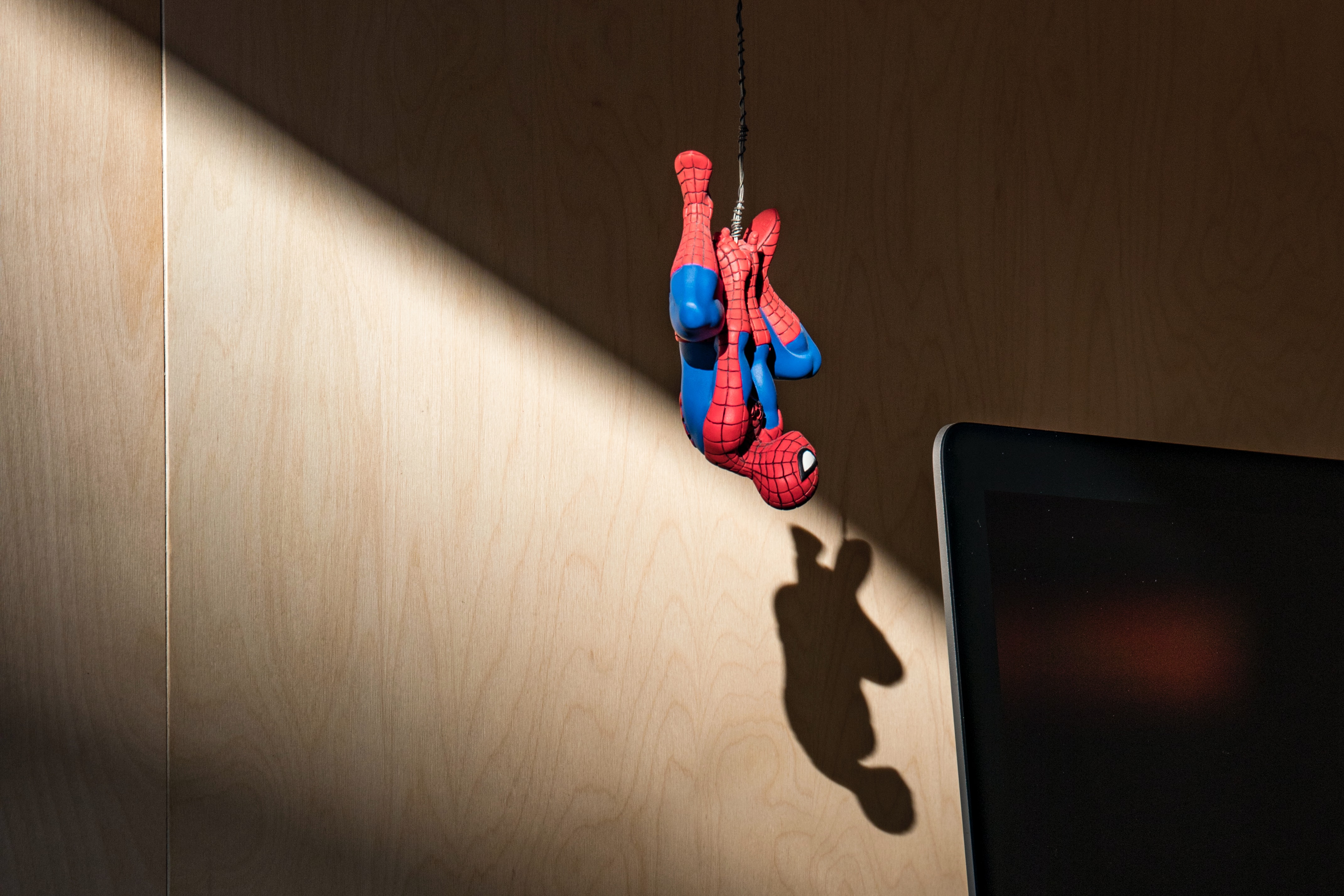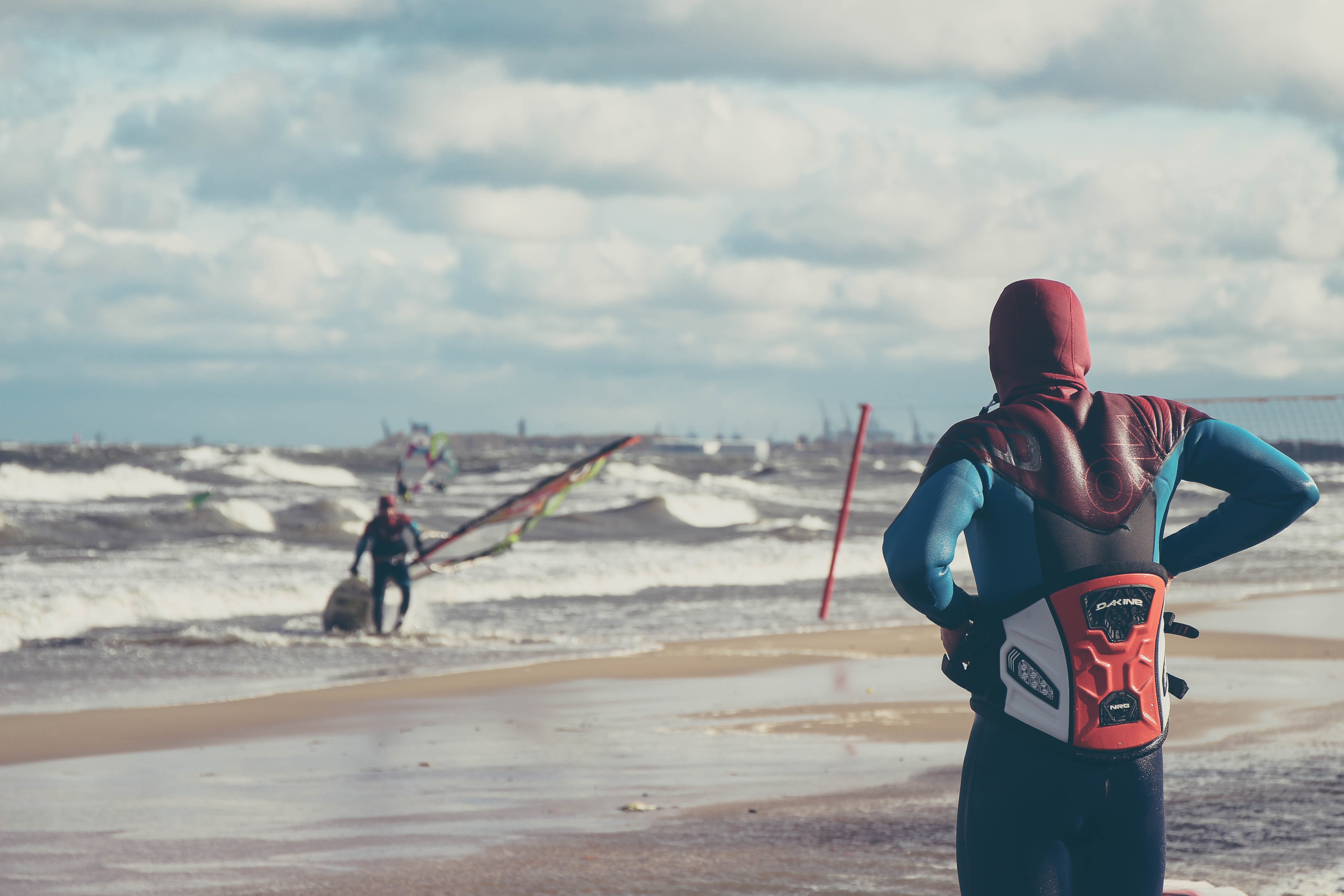Photo by Road Trip with Raj on Unsplash
The UNDP Accelerator Lab Network is growing. 31 new Labs are joining the family and expanding the frontiers of our global network of ecosystems. This means 31 new Heads of Exploration, Experimentation, and Solutions Mapping are joining the pack to help us reimagine development for the 21st century. If you’re unsure about what these roles entail, our ‘What do we mean by…’ Exploration, Solutions Mapping, and Experimentation series is for you.
As Experimenters, we explore possibilities, manage risk, and accelerate learning through structured experiments. Sometimes it looks like we’re validating a new method or process, and other times, it means we’re testing different possible solutions to see what works and what doesn’t in sustainable development.
Our role is fun and complex, yet there is so much we wish we knew before we joined the network. So we, the Heads of Experimentation across the world, decided to get together at the end of 2020 to reflect on our collective journey and share valuable insights with fellow Lab members, UNDP colleagues, and the wider development and innovation communities. We had just finished a full year in our role and were about to onboard 31 new Experimenters. It seemed timely and fitting. After receiving resounding yeses, 100+ responses, and several discussions, we decided to consolidate our collective learning into three takeaways. They summarize our steep learning curve as Experimenters tasked with learning fast in an uncertain world and equipping decision-makers with actionable insights. Uphill surely, but not impossible. We hope these takeaways can help propel us, the innovation and development ecosystem faster, UNDP, and partners to make experimentation a core part of global development.
Takeaway #1 We are intrapreneurs, and we better own it
Photo by Showkat Chowdhury on Unsplash
A big part of our job is to promote faster learning through a portfolio approach of experimentation. Usually, we see development agencies run single pilots to test one solution to address one aspect of a (complex) issue. With our portfolio approach, we move away from linear planning and single-point solution and embrace a more holistic approach.
By orchestrating a collection of interconnected (safe-to-fail) tests, we can learn how the broader system around a development issue responds. As fellow Experimenter, Ehsan Gul puts it “In easy terms, that means putting the problem in the center and throwing experiment bets across multiple factors to generate systemic change, rather than taking a one-solution approach.” We believe this can help development agencies transition from undertaking disconnected pilots to pursuing more coherent sets of experiments or system probes. To change how development is done and start the journey of embedding experimentation within UNDP, we realized how critical it is to speak the same language. We learned to become self-starters, introducing our work to colleagues and learning how to build bridges between the innovation lingo and the development jargon.
Yet, intrapreneurship is not enough. We needed to connect our approach to tangible results. We learned to demonstrate how our approach of quick and dirty experiments could open a path to better programming and outcomes. For example, the UNDP Nepal Accelerator Lab led an experiment to transform misused public spaces in the concrete jungle of Kathmandu into small pocket parks in just four months. In Ecuador, the Lab ran a behavioral insights intervention using a mobile app which was developed by ReciVeci, a local Civil Society Organization (CSO) and tested four pilot routes to collect recyclables from citizen’s homes in order to find alternative income for vulnerable waste pickers impacted by the pandemic. Any concrete impact you ask? In just three months, their experiment resulted in a 700% increase of recyclable waste delivered to local waste pickers, from an average of 51 to 450 deliveries per month.
These experiments taught us an invaluable lesson about designing experiments — we must meet people where they are to help affect change. By working in partnership with the private sector, CSOs, and local populations, the Accelerator Lab teams in Nepal and Ecuador managed to create demand (from new urban spaces to more recycling services and employment opportunities for waste pickers) and test solutions to the growing challenges of unplanned urbanization — subtext here is Global Goals 11 and 12.
We’re now able to see our role in a different lens — we are intrapreneurs, and we are owning it.
Takeaway #2 We are not stuck in the system...we are the system.
Photo by Jean-Philippe Delberghe on Unsplash
There are many activities and tasks that take up our time from project management, procurement, reporting, to partnership and relationship building. Frustrating as it may seem sometimes, these roles have helped us understand the constraints and complexity of the system in which we are operating. We are part of a large organization, which puts into place a set of protocols and processes for every single step, ensuring we meet global standards and manage risks. We devised new ways to work with these protocols and collaborated with fellow UNDP specialists and experts to find the right tools and approaches to do our job.
In the process, we forged close relationships with colleagues who have been our allies in maneuvering the complex systems to achieve the results we intend. It not only helped us plan better and set realistic expectations but also demonstrated the possibilities of how a different approach could help scale current development delivery. We also leveraged the collective intelligence in our offices to help us work smarter and more efficiently.
We are now able to imagine how to improve organizational procedures with the tools and skills we know best — experimenting. For instance, UNDP’s Intellectual Property (IP) rules can make it challenging to attract innovators. For instance, the Ghana Accelerator Lab organized an Innovation Challenge where some grassroots innovators raised interesting questions about the implications of agreeing to these IP rules. What do they mean for a young grassroots innovator from rural Ghana entering an Innovation Challenge for the first time? How do we address concerns about ownership of their ideas and innovations and avoid situations where some innovators would rather withdraw from an Innovation Challenge? The Accelerator Lab Network, as part of an evolving 21st century large UN organization, is feeding these experiences back to ‘the mothership’ to inform, among other things, UNDP’s IP approach and growing the impact of grassroots innovation across the globe.
In Ecuador, the Accelerator Lab opted for working with partners, such as IMPAQTO, MediaLab CIESPAL, and Datalat to run hackathons and innovation challenges where the process is not owned by UNDP, allowing for open innovation and more diverse collaboration. They also experiment with open-source code technology and developed digital platforms such as the Citizen Collaboratory, Other Maps, and Thinkia, to foster more openness for collaboration and scaling.
Rather than fighting the system, if we embrace it, we can channel its own momentum to improve it.
Takeaway #3 We are an experiment in an experiment
Photo by Michał Parzuchowski on Unsplash
Each Accelerator Lab, nested in a UNDP Country Office, is an experiment itself and the team’s composition is a big part of it. The hope is that three individuals with varying backgrounds, expertise, and perspectives will be able to bond, leverage their strengths and differences to achieve synergy as a highly effective unit. Our Filipino colleagues in the Network have this running joke basically comparing the Lab team to ‘Hydra with 3 Heads and no bodies, being pulled in many directions’.
We have learned that this is possible but requires time and commitment to and from each other and to the mission of UNDP and its Accelerator Lab Network. This means being ready to have difficult conversations, finding new ways of working, building trust, and backing each other up. In short, making the sum of the whole greater than its parts. In Fiji, the Lab created a user manual for how to work with each other. In Argentina, the team shared responsibilities amongst each other often going beyond their roles to have a better understanding of our job roles and its demands.
The Accelerator Lab in UNDP Kenya organized several activities to strengthen the team bond, get to know each other, and align on what they wanted to achieve as a team. The team collectively set up structures to facilitate communication and collaboration, such as daily scrum meetings and regular emotional/mental health check-in. This proved invaluable when everyone transitioned to work from home. Being an experiment, while being Experimenters — #WelcomeToTheMetaUniverse — means we continuously had to figure out how to work together, organize ourselves, and develop our team.
It is often said that “man plans, and God laughs”. Never has this statement been so true. So, while plan A for year 2020 suffered a snag, it gave rise to new activities. Our bodies were quarantined but our minds became more agile and responsive allowing us to swing into action to support the COVID-19 crisis. In Uganda, the Accelerator Lab worked on connecting informal market vendors with e-commerce platforms to build their resilience during the lockdown and beyond. In Nepal, the Lab worked with young local makers to design robots that can transport food and medicine supplies to the suspected COVID-19 patients. The pandemic made us recognize the need to be continually curious and, at the same time, fast in our capacity to adapt to the change. COVID-19 has shaped our practice of doing experimentation.
Some lab teams looked outwards, and some began to look internally. In Kenya, the Accelerator Lab worked closely with different program teams to redesign interventions tackling emergent healthcare challenges as well as to look more broadly at the socio-economic impacts of the pandemic using systems thinking. In Fiji, the team developed a sensemaking process to help UN colleagues work jointly to produce future-proof interventions to build forward better.
2020 also laid the ground for new adaptive forms of development planning with an emphasis to probe, try, test. In less than a year and with the severe restrictions brought by the lockdowns, we as Experimenters managed to run 50+ experiments. They covered a large spectrum of issues from reviving forgotten traditional knowledge to achieving a zero-waste future, from grappling with the threat of misinformation to the imperative of digital inclusion and tapping into the potential of biomimicry to experimenting new ways to address unemployment.
A year in turmoil has made us both proud and humble. For adaptive and contextualized development to become mainstream, we need to continue making the case for experimentation as a way of working and planning. And like every new thing, it may take a while to stick, but we are here to keep trying.
Special thanks to the contributions of the entire Experimentation team at UNDP Accelerator Labs and to Bas Leurs for being a master mage and helping us translate our lessons into this piece.
— — —
Get in touch and join our conversations online.
UNDP Accelerator Labs Network @UNDPAcclabs

 Locations
Locations







